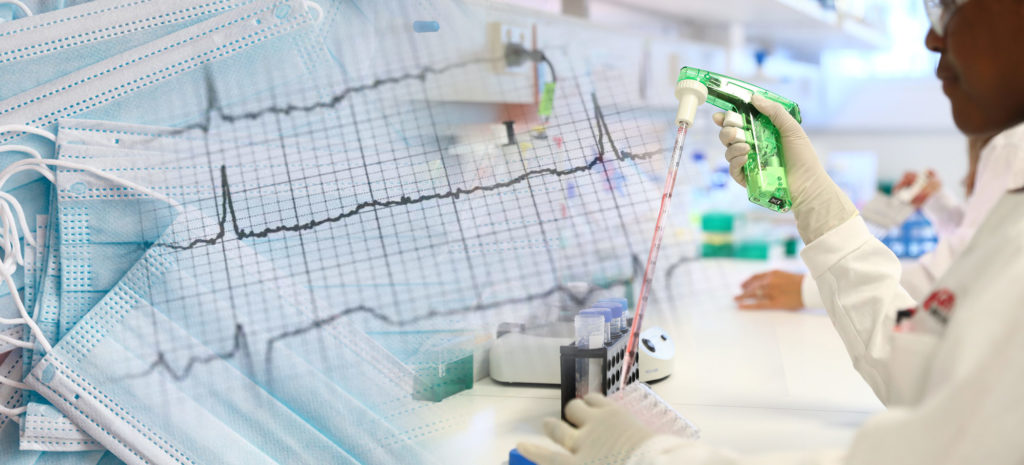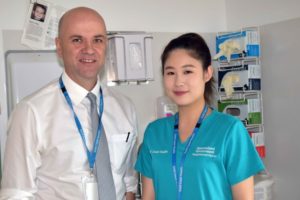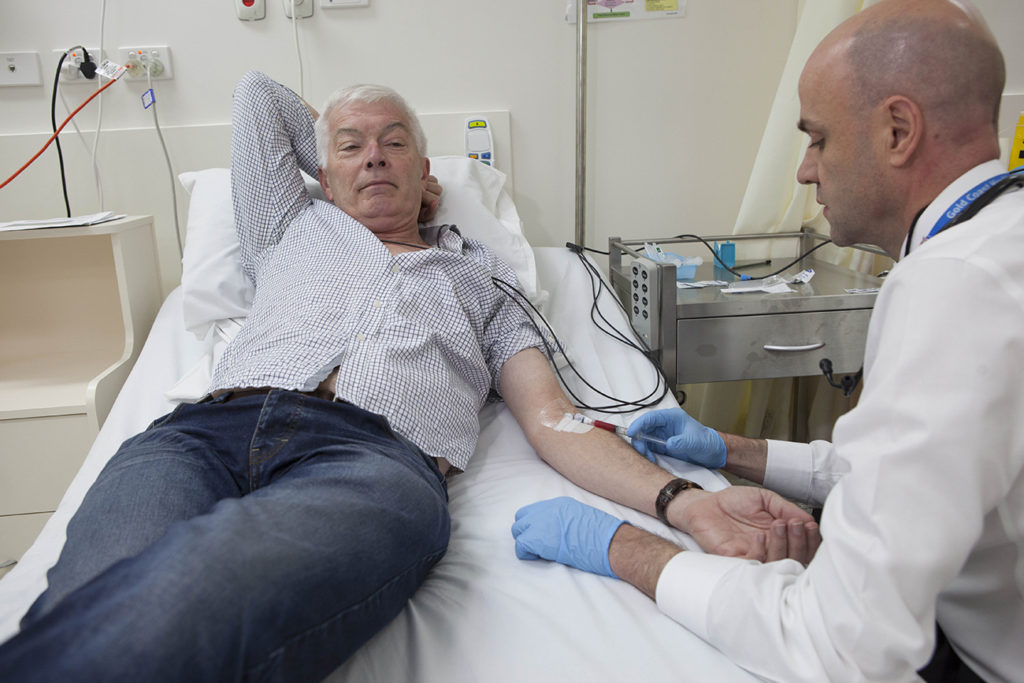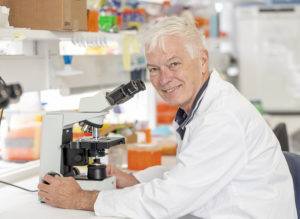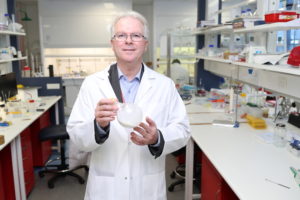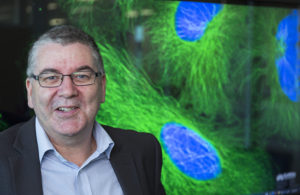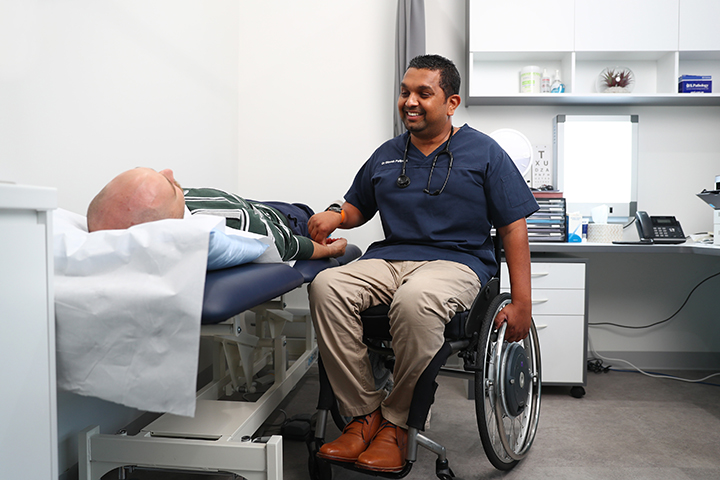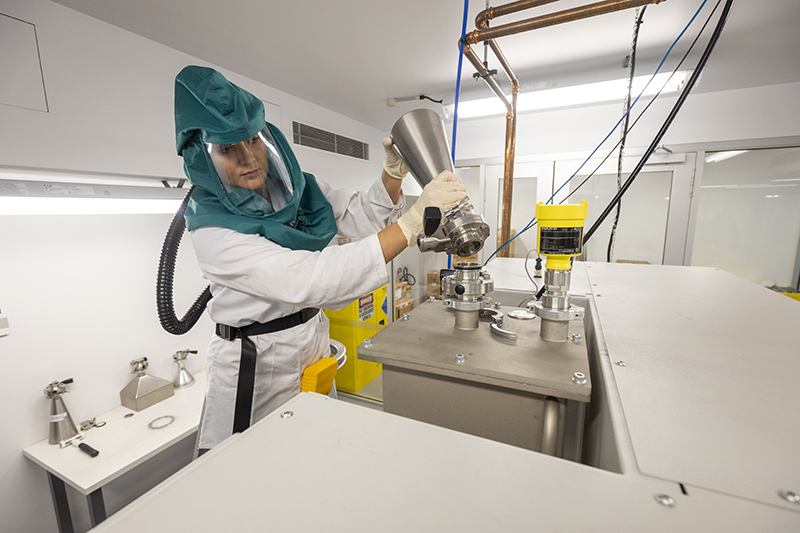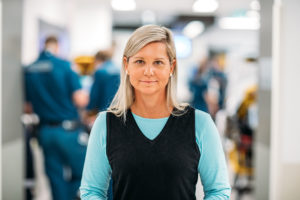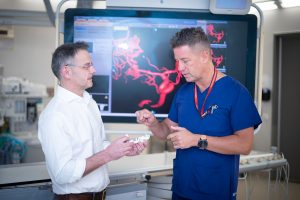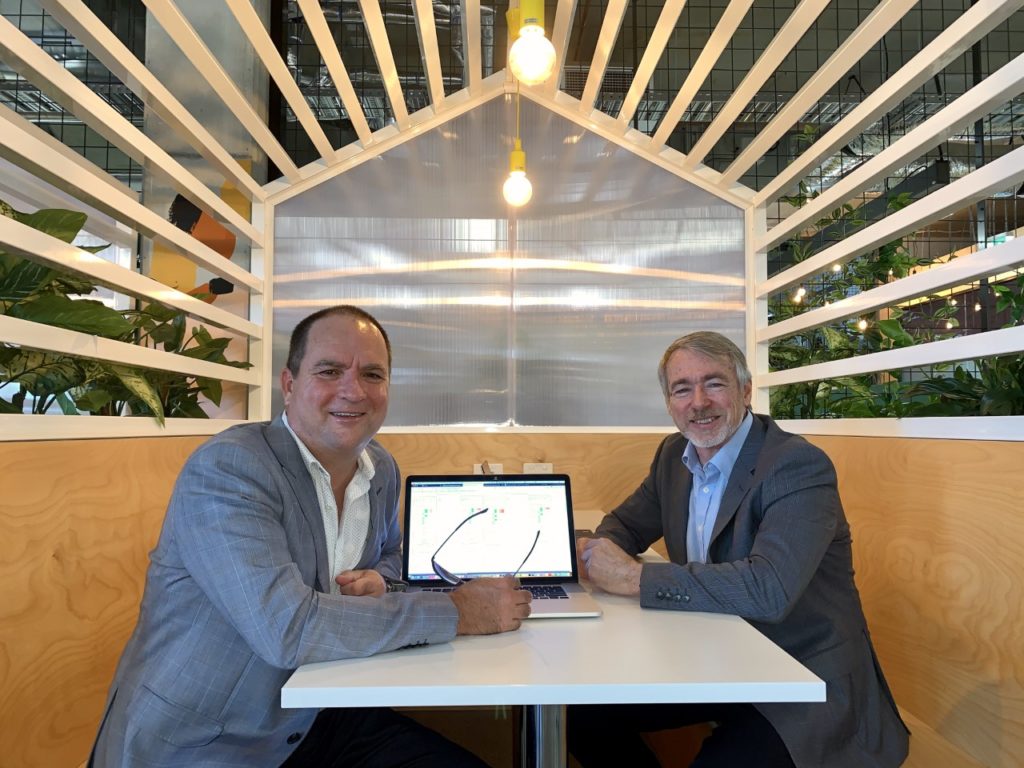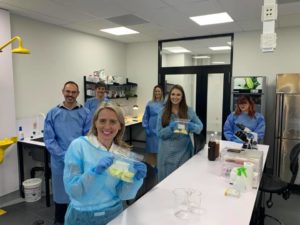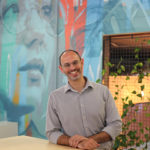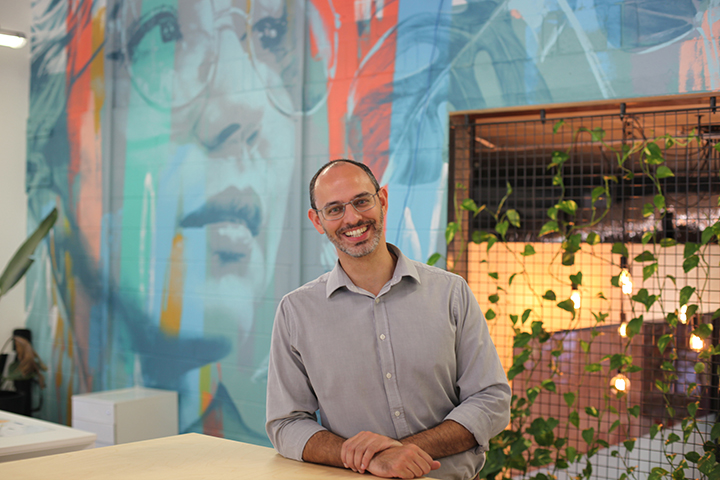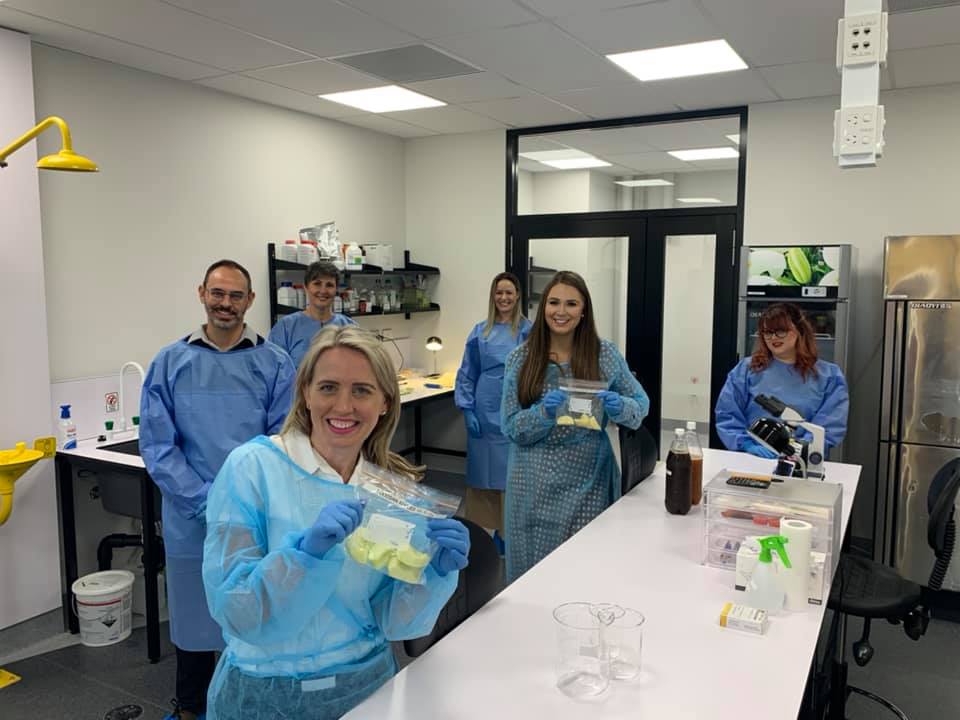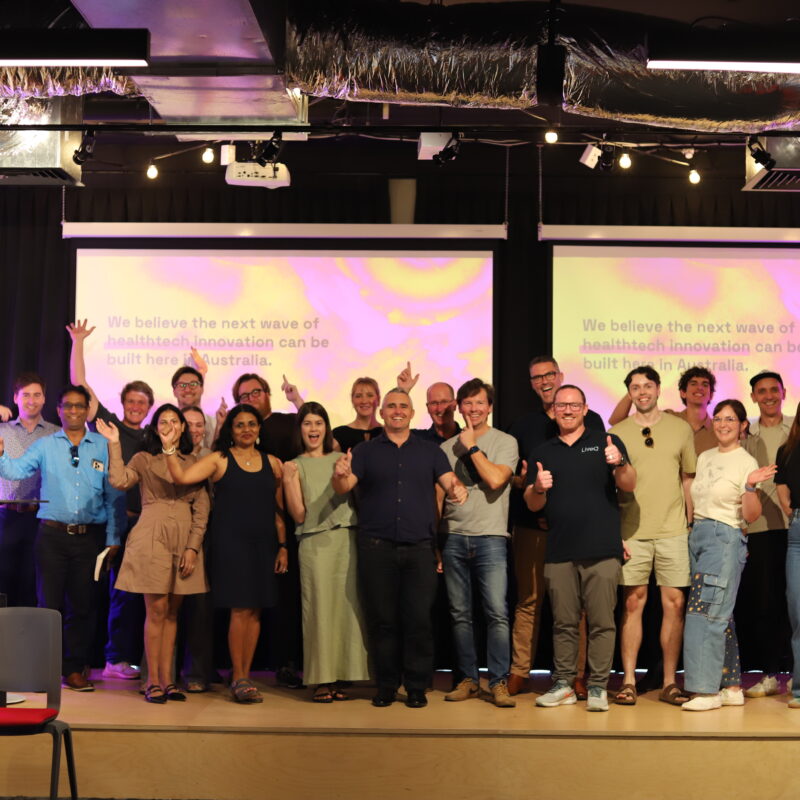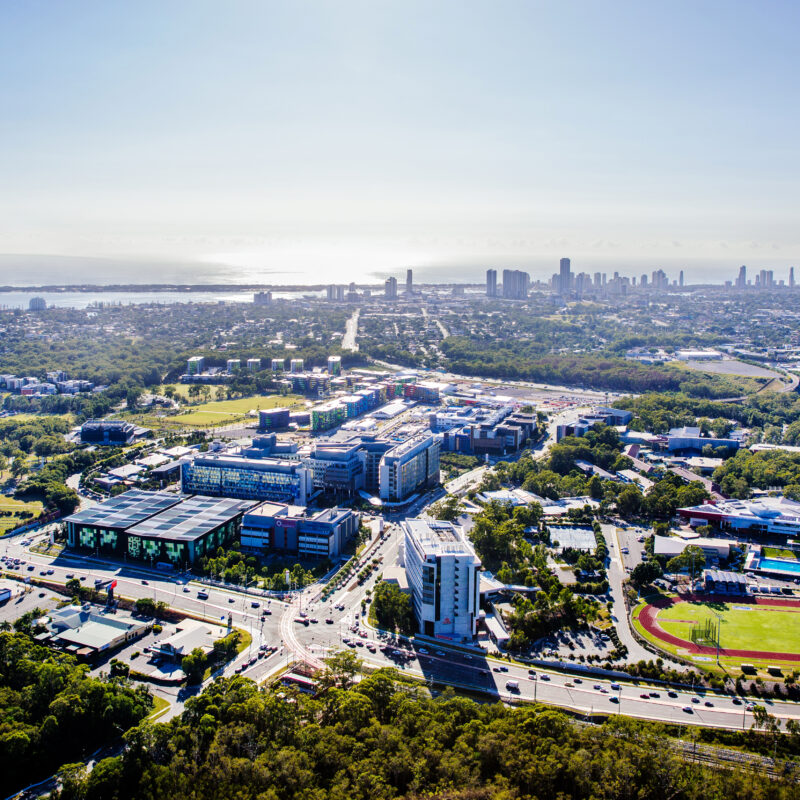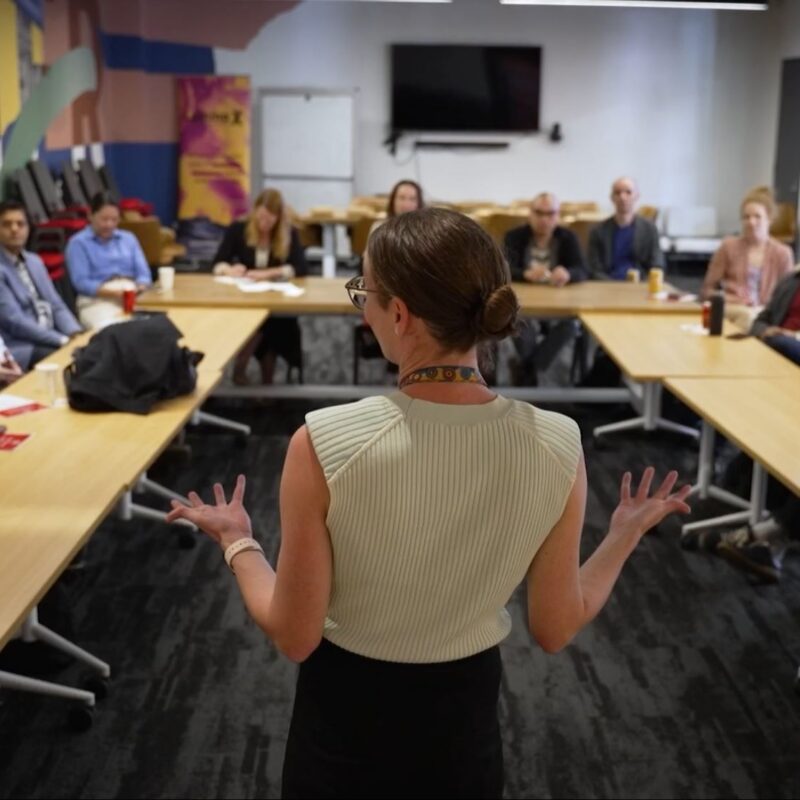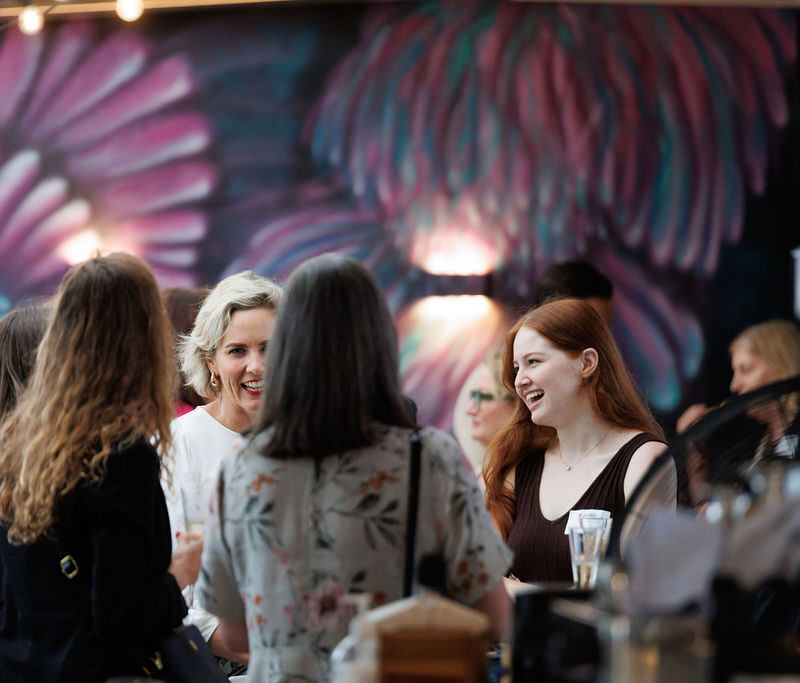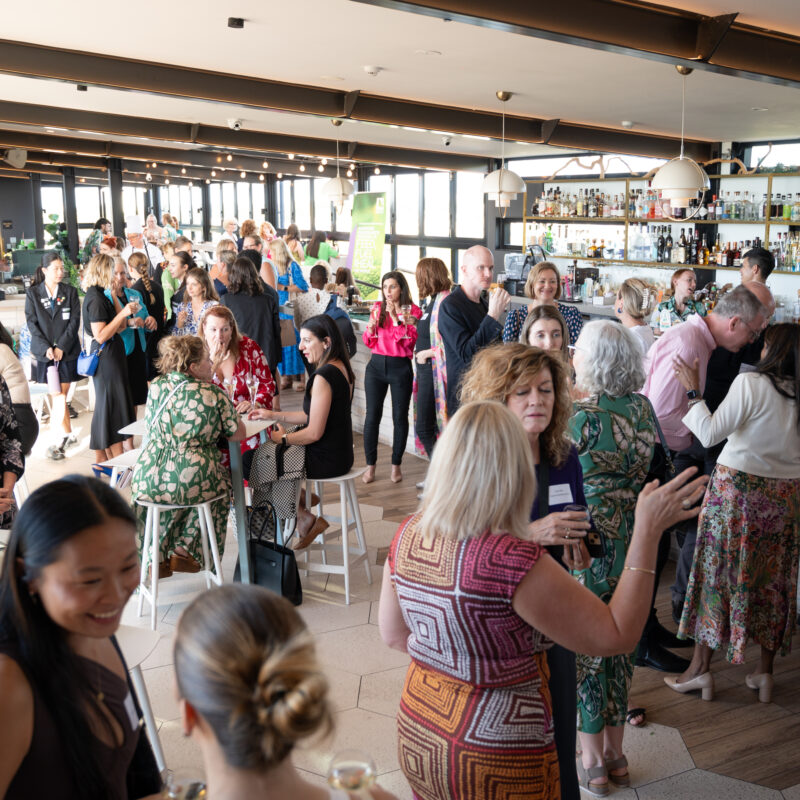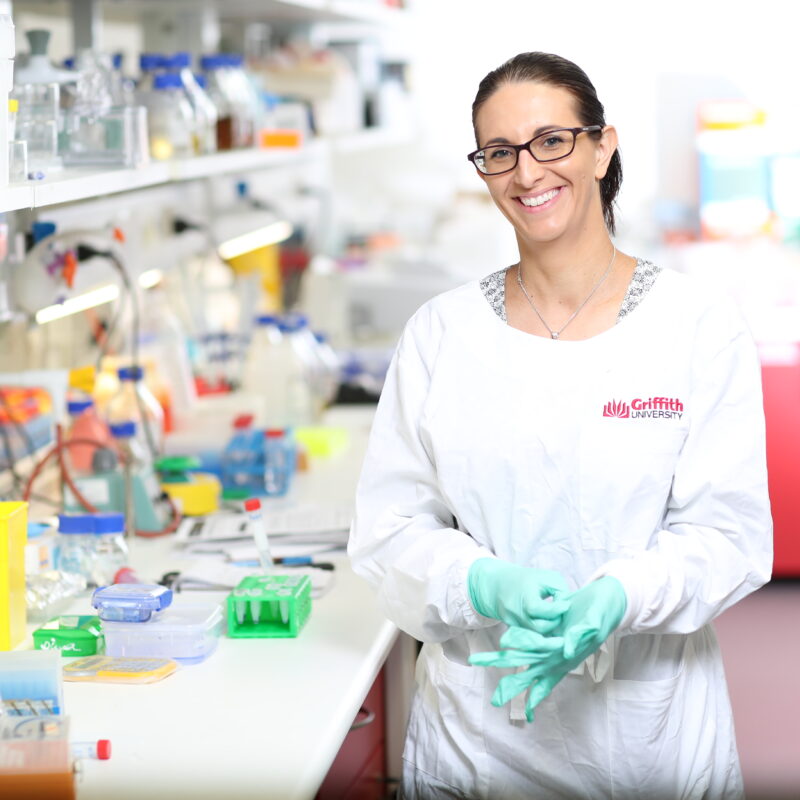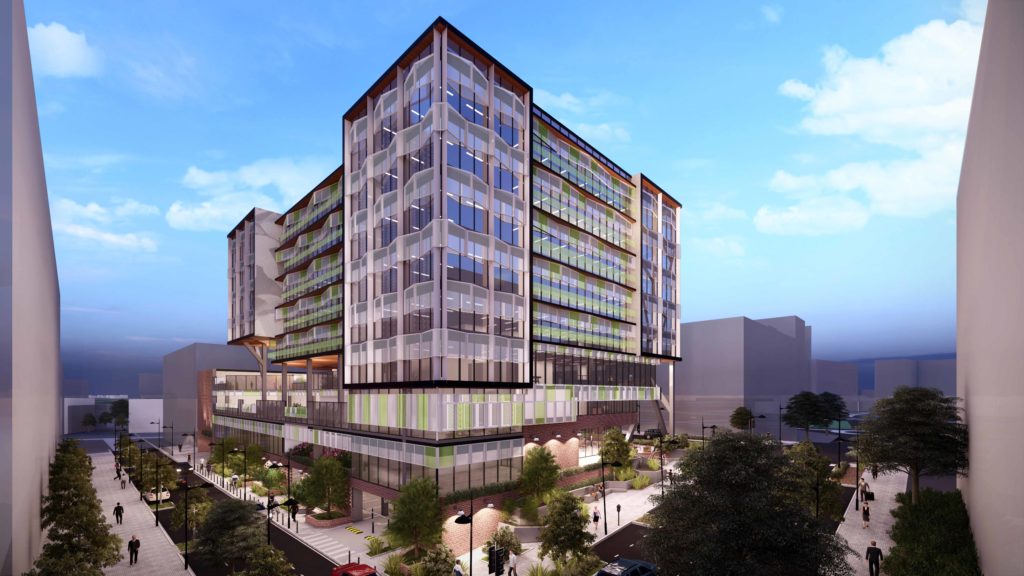
Developer Evans Long has lodged a development application with Economic Development Queensland for Proxima – an $80 million prestige integrated centre of excellence specialising in paediatric health.
To be located within Lumina, the Queensland Government’s 9.5-hectare cluster dedicated to growing life sciences, health and technology-related businesses within the Precinct, the eight level building will boast in excess of 11,500sqm of leasable floorspace.
Proxima will feature a 200 place childcare centre which will cater for up to 400 children, including those with special needs, and is targeting medical and allied health services focussing on childhood development.
Lumina’s position within the Precinct provides a unique opportunity for Proxima’s tenants to engage and collaborate with the research and development currently in progress at the Gold Coast University Hospital, Griffith University and the Gold Coast Private Hospital.
Evans Long Director Dirk Long says Proxima has been designed to foster collaboration amongst business, industry, the university and hospital service.
“Proxima’s location within Lumina and the Precinct puts it at the centre of the city’s brains trust, and at the heart of an emerging world-class hub for innovation,” he said.
“Our vision is for Proxima to be a one-stop location for paediatric health, childhood development and childcare, with a range of specialists under one roof who are able to work hand-in-hand with medical professionals within Lumina and the Precinct to provide best practice care.
Property Council of Australia Queensland Executive Director Chris Mountford says the news indicates the appeal of developing within the Gold Coast Health and Knowledge Precinct, even in uncertain times due to COVID-19.
“It is positive to see continued interest in undertaking new development within the Gold Coast Health and Knowledge Precinct, particularly given the ongoing impact of COVID-19 on business sentiment,” he said.
“The Property Council’s mid-year Office Market Report, released in early August, showed only moderate effects on commercial office vacancy rates across the country.”
While the broader Gold Coast market saw a minor increase in vacancy over the past six months from 12.8 per cent to 13 per cent, the Southport market saw a decrease from 15.4 per cent to 14.3 per cent.”
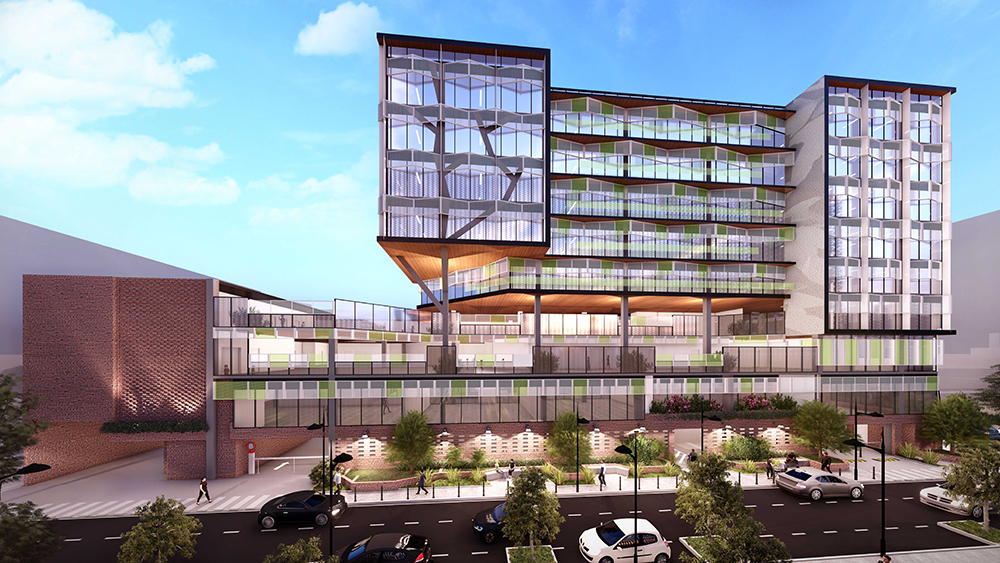
The project is expected to generate up to 900 new health and teaching jobs and will attract a range of businesses seeking to be at the forefront of childhood development and allied health services.
Evans Long is targeting early 2021 to commence the construction of Proxima, which will be undertaken by its building arm, Evans Built, one of Queensland’s leading private construction companies, with 34 years of experience.


